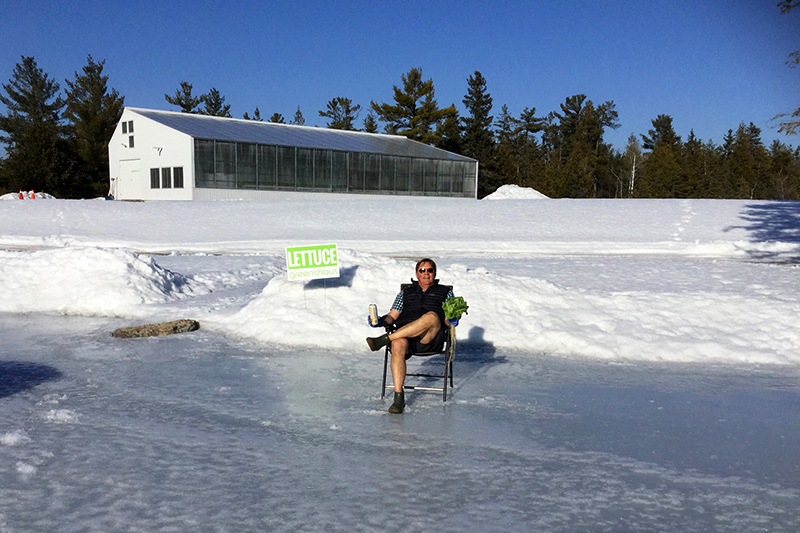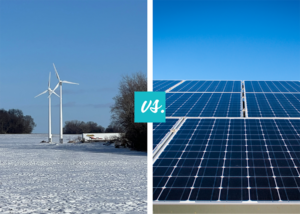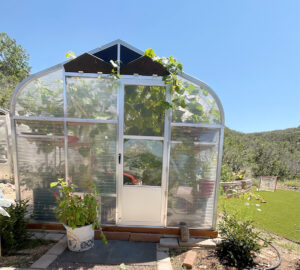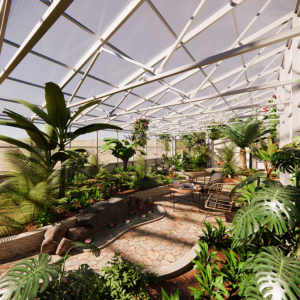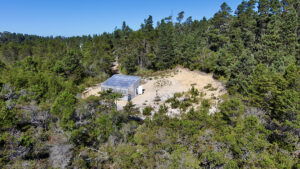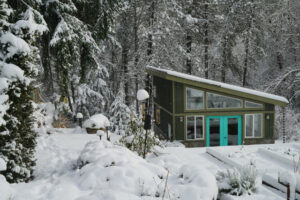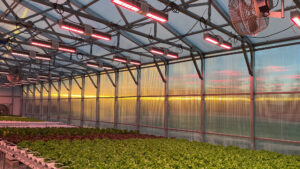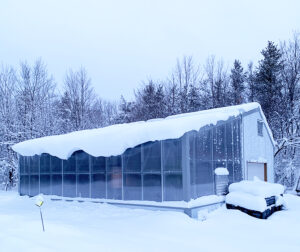All around the world, the food industry has been affected by COVID-19 in one way or another. Fortunately, there have been some positive food-related trends from the pandemic like local and urban farms becoming more popular, and more individuals and families growing their own food. It is at least heartening to see some strengthening of local food economies despite an unstable global food system.
With all the news of jeopardized supply chains from the agricultural industry, we were curious to know how some of our growers have been fairing during this time of uncertainty.
We reached out to Rob Lyle who lives near Ottawa, Canada, and is operating a 2100 sq ft commercial greenhouse and growing lettuce hydroponically for his local community. What we learned from our conversation is that Rob’s operation (Greenshaus) is equipped to endure threats to national food security both because of its inherent function and its niche market.
Rob’s greenhouse is different from other commercial greenhouse operations in the area that operate under a mass-produce and mass-distribute business model. Rob sees his greenhouse as a “greens convenience store” for his community of 21,000 persons. Since being built last winter, most of his business has been direct-to-consumer, with a small portion of his crop going to local grocery stores and restaurants. He allows purchasers inside his greenhouse every Thursday to pick their own greens from his hydroponic system. He says his favorite part about having people in the greenhouse is that he can treat the experience like a wine tasting, enticing people with “crisp lettuce leaf samples”.
Rob has had to take a few precautions during COVID-19. While his greenhouse is open to the public he can only let one person in at a time to abide by social distancing measures. Also, he has installed high-tech ozone air filters to keep the inside environment clean and safe. His customers are asked to bring their own reusable containers for their lettuce harvest (Rob doesn’t support single-use plastic), helping the environment while protecting the customers.
When asked if the business has been affected by the pandemic, Rob replied that it has been harder for him to expand his product into new grocery stores. This is mostly due to the fact that the local grocery stores have been buying fewer products in an effort to stay afloat. Other than that he has seen a steady flow of customers come into his greenhouse every week at Greenshaus, inc.
Because Rob sells directly to local restaurants and grocery stores, as well as direct-to-consumer, Rob doesn’t have to worry about supply chain issues that may occur as a result of a global pandemic. Also, his customers trust his product because they can see how their lettuce is grown and they know how many hands it has passed through. At a time when consumers are more concerned about food safety, Rob’s customers feel safe about his lettuce.
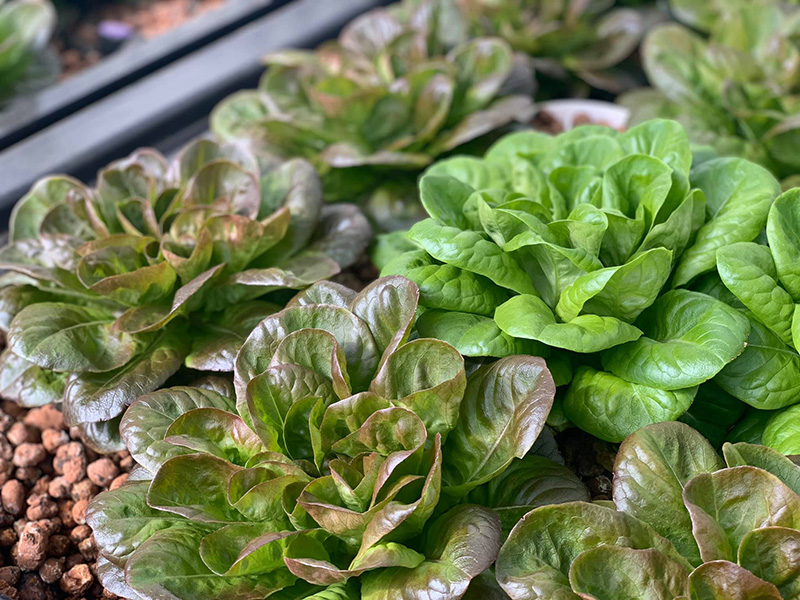
Rob mentioned that vitamin D and K, which are found in leafy greens, help to strengthen your immune system. The fresher the lettuce, the more nutrients it has – which is increasingly important during a health crisis.
Ceres’ greenhouse experts continue to work closely with Rob to further optimize his energy-efficient greenhouse. That way he can continue to grow lettuce year-round and provide fresh greens to his community – even through the harsh Canadian winters.
This next winter Rob has big plans for his operation. At full capacity, the greenhouse will produce around 1200 heads of lettuce. Of that, 10% of production will go to local restaurants, 60% will go to local grocery stores and the remaining 30% will be for direct-to-consumer in the form of CSA-type baskets or customers visiting the greenhouse directly. Through this type of distribution, he hopes to get his customers trained to want to buy local. And he hopes that by building a brand around quality greens, his local community will find value in buying and eating local.
It’s Rob’s dream for every small town across Canada to have their own vegetable greenhouse. This is a goal that we can get behind because that would mean increased food security and stability no matter what unprecedented global event. For more information on Rob’s farm, you can follow Greenshaus, inc. on Facebook here.

